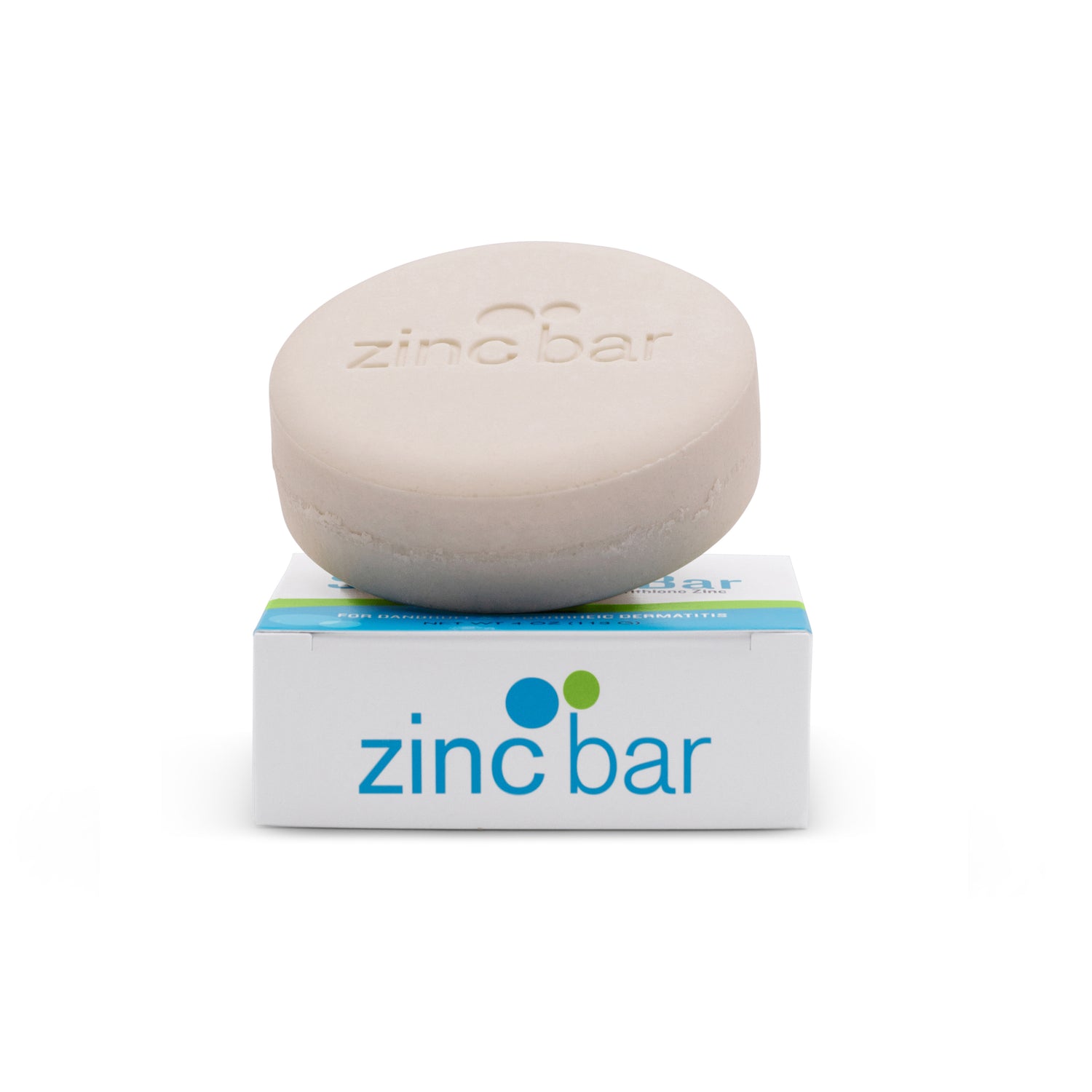Eicosapentaenoic Acid
Eicosapentaenoic acid, or simply EPA, is one of the omega-3 polyunsaturated fatty acids. EPA plays an important role in the regulation of biological functions of the body. Researchers believe that EPA has anti-inflammatory properties. It is also believed that EPA can help maintain normal blood pressure and support healthy immune system.
Insufficient amounts of omega-3 fatty acids in today’s diet can lead to mood disorders. Several studies show that patients with ADD and ADHD have a lower content of these fatty acids. Researchers also believe that lower levels of omega-3 fatty acids can lead to problems with behavior, sleep, immune function, and learning.
Cold-water fish such as salmon, herring, tuna, cod, trout, shrimp and mackerel are excellent sources of omega-3 fatty acids.
Health benefits of EPA*
- Has anti-inflammatory properties
- Supports normal immune system functioning
- Assists in proper functioning of the brain
- May reduce the risk of diabetes, inflammatory bowel syndrome, and high blood pressure
- May lower cholesterol
- May improve skin conditions associated with auto-immune inflammatory disorders
Recommended intakes of EPA and DHA have not been established by the FDA. Many nutritionists suggest we consume a minimum of two portions of oily fish per week (e.g., salmon). Supporting this notion, the AHA (American Heart Association) recommends two servings of fish per week to support cardiovascular health. Two 4-ounce servings of salmon contain roughly 3.0 total grams of EPA and DHA (or 6.0 g per week).
The prevailing need for this nutrient seems to range between 0.5 g and 2.0 g per day (500–2000 mg), depending upon the individual. As there appears to be some evidence that psoriasis and essential fatty acids are linked, we suggest 2.0 g per day.
As omega-3 fatty acids can decrease coagulation properties in the blood, they should only be used in consultation with a physician by individuals prone to bruising easily, those with a bleeding disorder, or anyone taking blood-thinning medications, and should be discontinued prior to surgery according to your surgeon’s recommendations. Always consult a physician before starting a supplement regime.
Primary qualities in choosing a DHA supplement include freshness and purity. Adverse effects such as fishy aftertaste, fishy burps, and nausea can typically be averted by using with enteric-coated versions.
* These statements have not been evaluated by the Food and Drug Administration.

